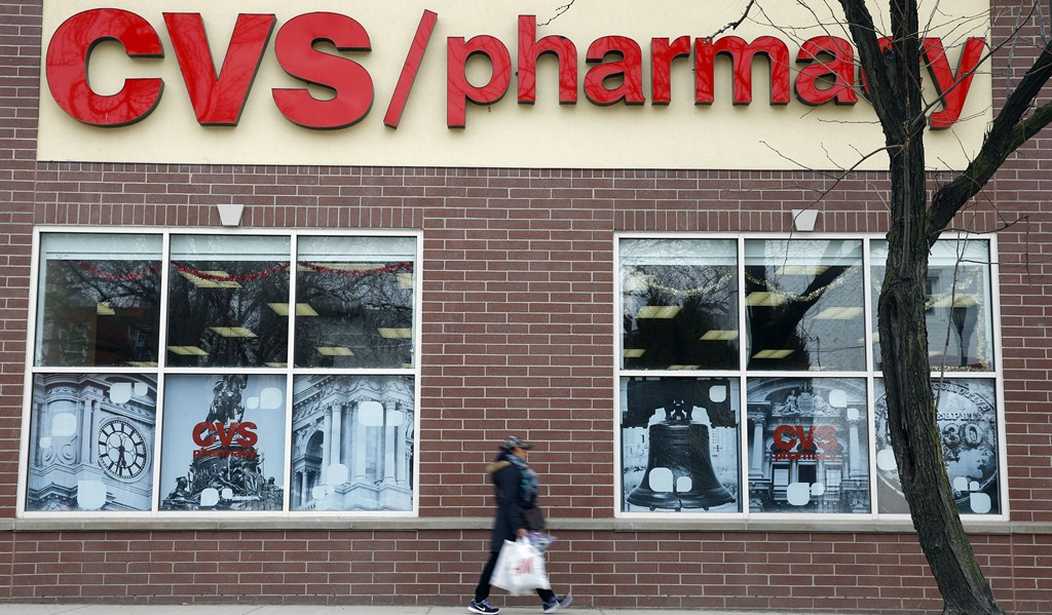After a series of flash mob robberies last month, there was a lot of talk about how to deal with this kind of brazen theft. Major retailers say those robberies only happen because the thieves know they can easily resell the stolen merchandise at any one of several online sites. Yesterday the CEOs for top retailers sent a letter to leaders in the House and Senate asking for help.
Signatories to the letter include the CEOs of Best Buy, Home Depot, CVS, Walgreens, Target, Rite Aid and 14 other major chains. They CEOs are asking Congress to pass the INFORM Consumers Act to make it harder for the thieves to move their stolen goods online. Basically, INFORM requires online sites to gather more detailed information from any “high-volume” seller, meaning anyone who has more than 200 transactions in a given 12-month period or anyone who has accumulated more than $5,000 in sales.
Ebay, Etsy and three other online sellers put together an industry group which apparently was opposed to an earlier version of the bill. However, they now support it and have also written a letter to congress calling for its passage. There’s a copy of their letter dated December 13 (three days from now) on their website:
While there is not one single solution to eliminating organized retail crime or the sale of counterfeits, passing the INFORM Consumers Act is an urgently needed first step. The legislation requires sensible verification and disclosure requirements designed to disrupt the ability of criminal networks to build a business selling illicit goods online that competes directly with legitimate businesses and entrepreneurs operating both physically and online.
Amazon and Craigslist, two other sites where stolen merchandise gets resold, didn’t respond to the Post’s request for comment so it’s not clear where they stand.
In September the Wall Street Journal published a story about retail theft gangs and the ways in which they steal, hide and then resell their merchandise. That piece reported that a lot of the items stolen from brick-and-mortar retailers wind up on Amazon where anonymous sellers have little fear of getting caught. So Amazon’s willingness to do something to make this more difficult will be important.
While I guess this is a start, the details of this plan (the full text of the bill is here) seem pretty easy to get around. What’s to stop thieve from creating a new account every time they sell 199 items? Or what’s to stop them from setting up five sites at once, each of which can sell up to $5,000 before the site asks for their bank account info, tax ID, contact info, etc. Even if they go over the limit that just means that anonymous account will be shut down but how will online retailers prevent them from popping up under another account? It will be a little more work for the thieves on the backend but this doesn’t seem like much of a solution.








Join the conversation as a VIP Member